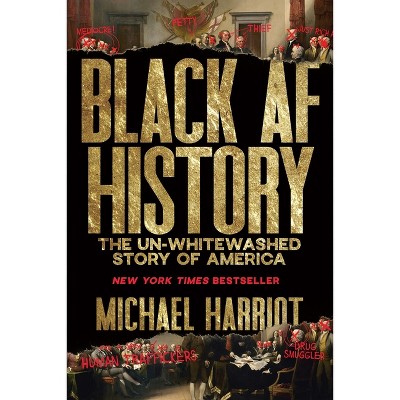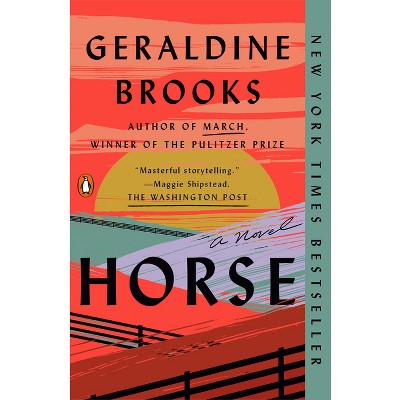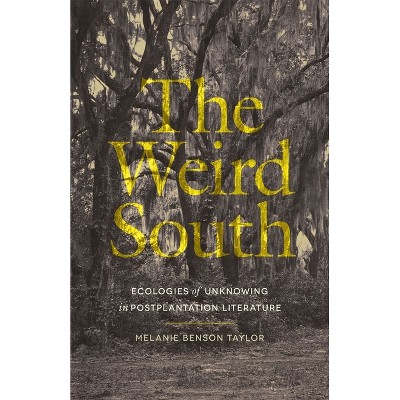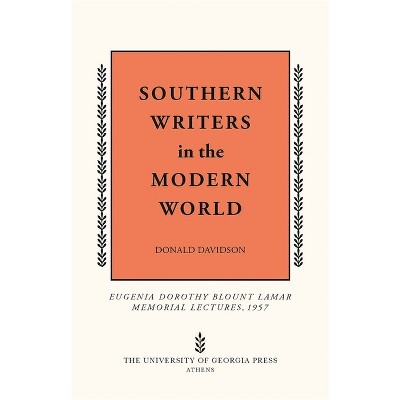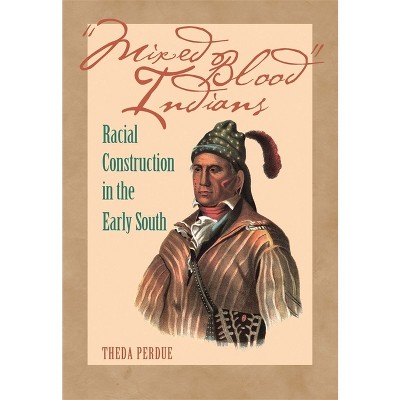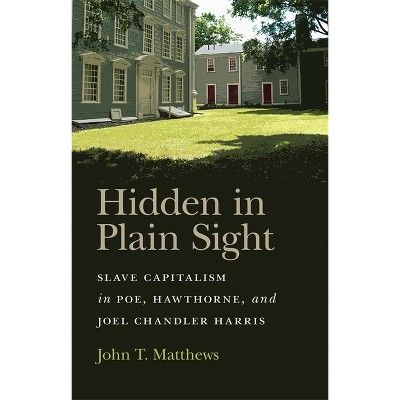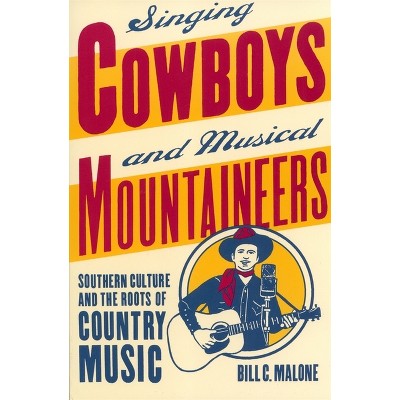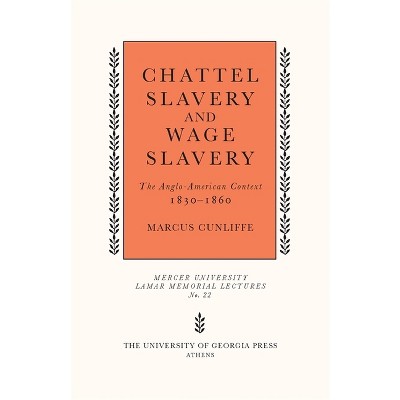Weaving Alliances with Other Women - (Mercer University Lamar Memorial Lectures) by Daniel H Usner (Paperback)

About this item
Highlights
- River-cane baskets woven by the Chitimachas of south Louisiana are universally admired for their beauty and workmanship.
- About the Author: DANIEL J. USNER is the Holland N. McTyeire Professor of History at Vanderbilt University.
- 136 Pages
- History, Women
- Series Name: Mercer University Lamar Memorial Lectures
Description
About the Book
"Friendships that Christine Paul (1874-1946) sustained with Mary Bradford (1869-1954) and Caroline Dormon (1888-1971) at different times in her life offer an all too scarce vantage point from which Daniel Usner explores the condition of American Indians in the Jim Crow South. 'Aspects that, for the most part, have not been addressed in historical works' according to Devon Mihesuah, 'are the feelings and emotions of Native women, the relationships among them, and their observations of non-Natives.' In Weaving Alliances with Other Women, Usner hopes to overcome this neglect for one Indigenous community in the southern United States. In Christine Paul's respective exchanges of information and insight with two non-Indian women, thanks to the survival of her invaluable correspondence with Bradford and Dormon, Usner attempts to ascertain what Rebecca Sharpless called a 'bivocal representation' of relationships fraught with important social, economic, and cultural tensions. Interacting closely within a social web largely woven with woven objects, the identities of these three women nonetheless developed along very separate paths--paths mapped-out by their unequal positions in the New South"--Provided by publisher.Book Synopsis
River-cane baskets woven by the Chitimachas of south Louisiana are universally admired for their beauty and workmanship. Recounting friendships that Chitimacha weaver Christine Paul (1874-1946) sustained with two non-Native women at different parts of her life, this book offers a rare vantage point into the lives of American Indians in the segregated South.
Mary Bradford (1869-1954) and Caroline Dormon (1888-1971) were not only friends of Christine Paul; they were also patrons who helped connect Paul and other Chitimacha weavers with buyers for their work. Daniel H. Usner uses Paul's letters to Bradford and Dormon to reveal how Indian women, as mediators between their own communities and surrounding outsiders, often drew on accumulated authority and experience in multicultural negotiation to forge new relationships with non-Indian women. Bradford's initial interest in Paul was philanthropic, while Dormon's was anthropological. Both certainly admired the artistry of Chitimacha baskets. For her part, Paul saw in Bradford and Dormon opportunities to promote her basketry tradition and expand a network of outsiders sympathetic to her tribe's vulnerability on many fronts. As Usner explores these friendships, he touches on a range of factors that may have shaped them, including class differences, racial attitudes, and shared ideals of womanhood. The result is an engaging story of American Indian livelihood, identity, and self-determination.About the Author
DANIEL J. USNER is the Holland N. McTyeire Professor of History at Vanderbilt University. He is the author of Indian Work: Language and Livelihood in Native American History; Indians, Settlers, and Slaves
in a Frontier Exchange Economy: The Lower Mississippi Valley before1783; and American Indians in the Lower Mississippi Valley: Social and Economic Histories.
Shipping details
Return details
Trending History




